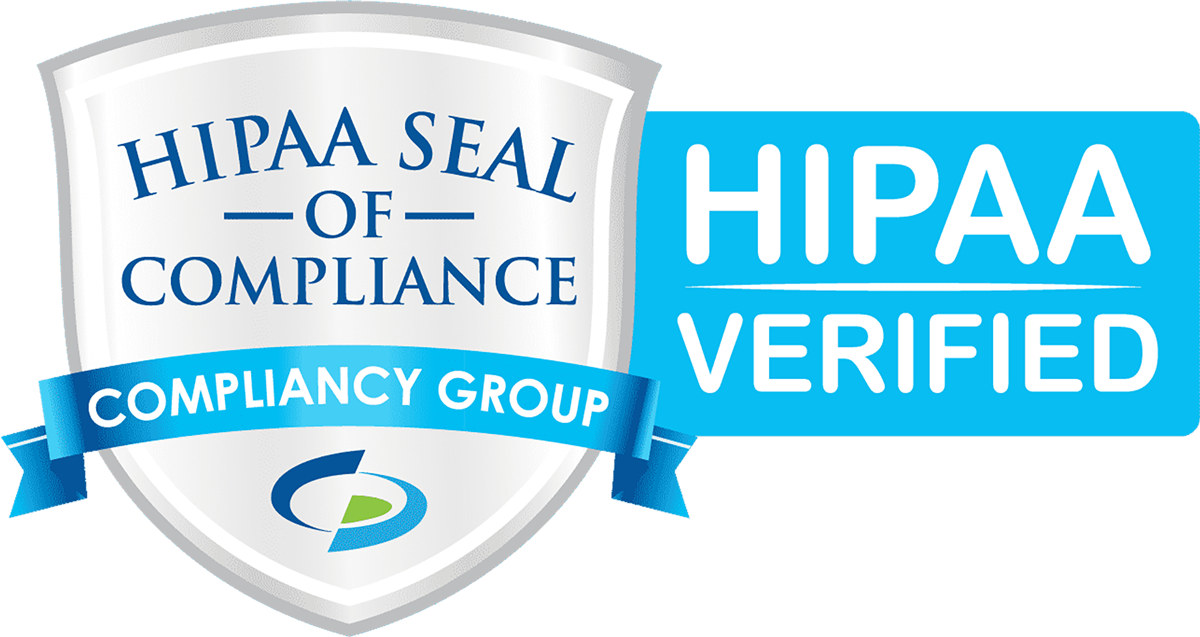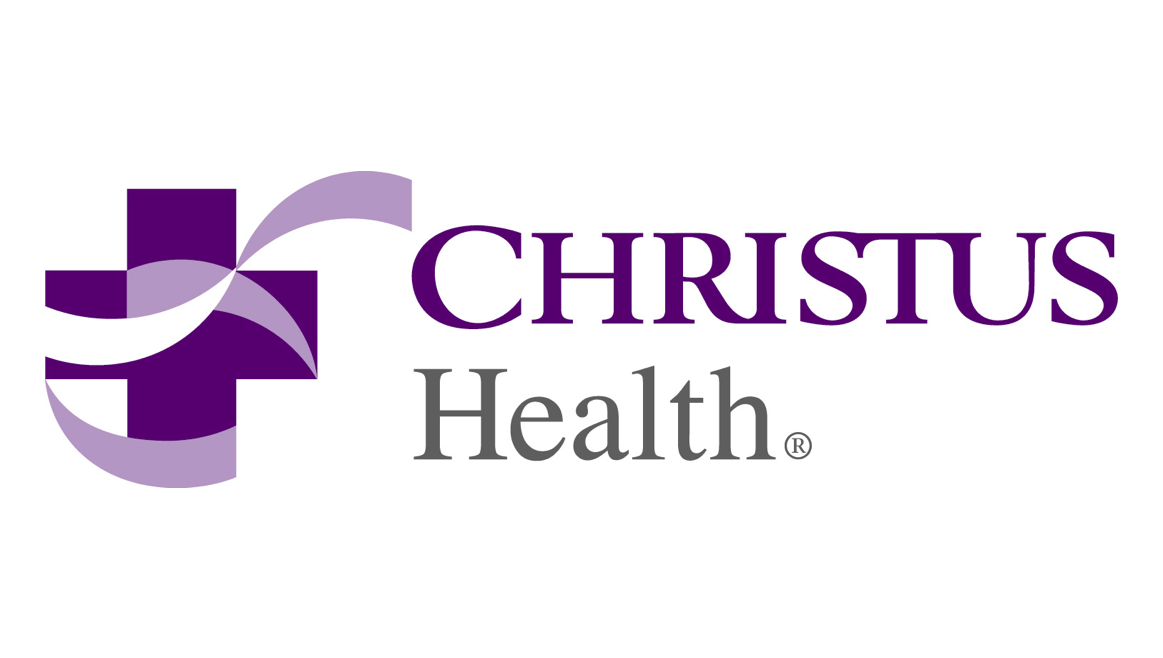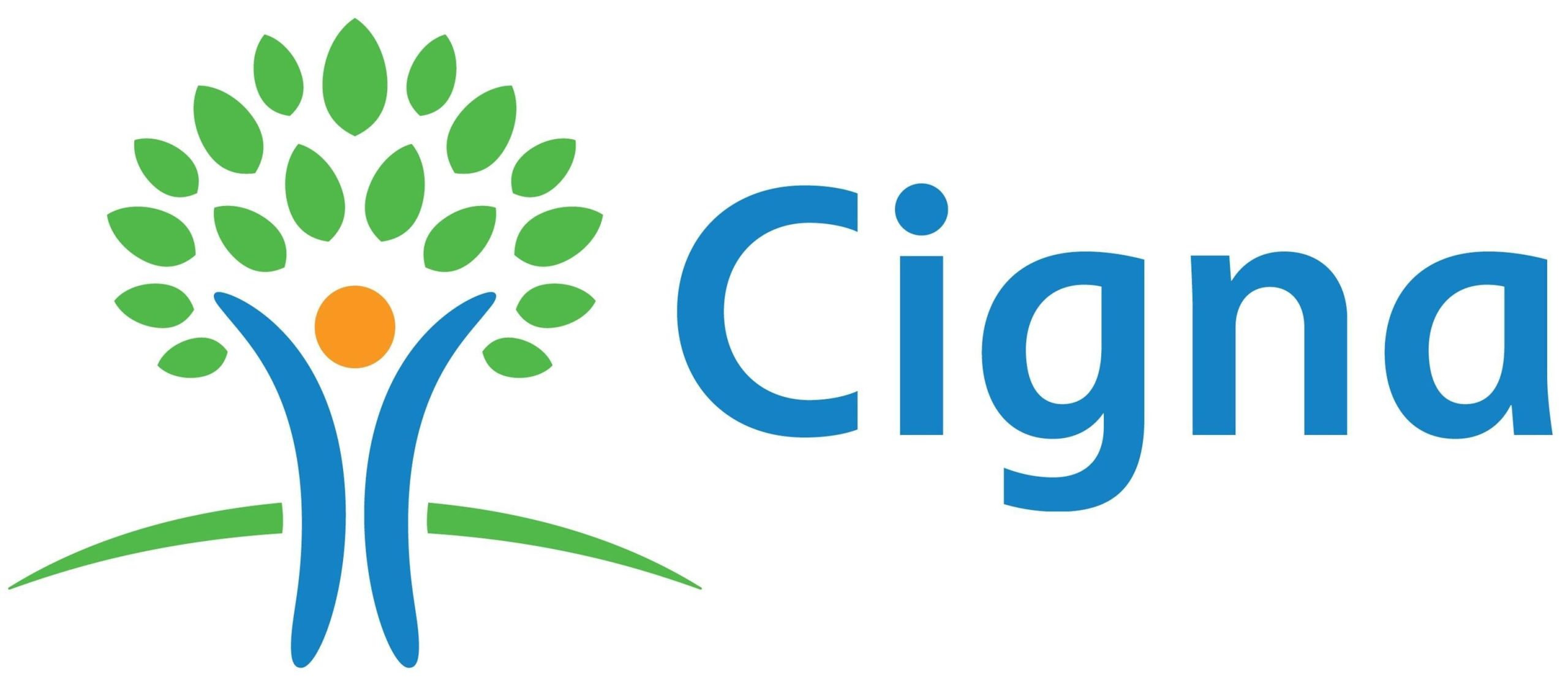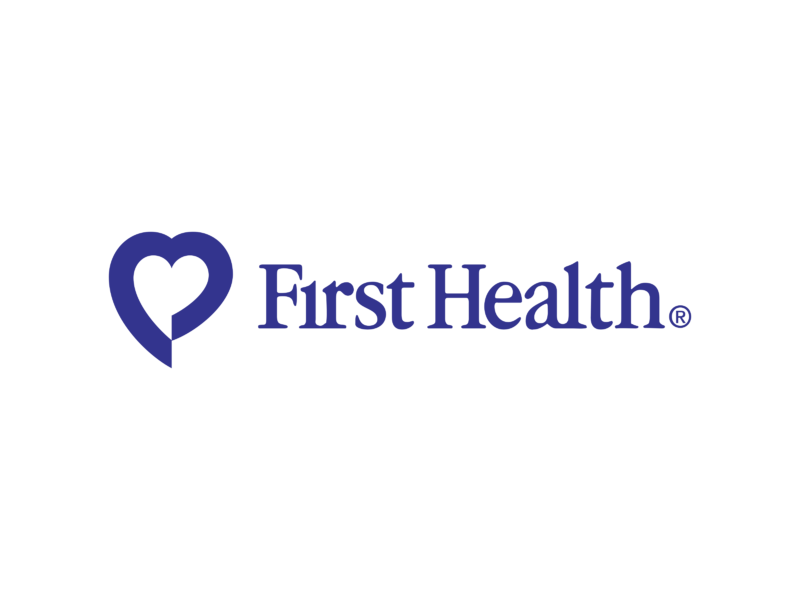Exploring Treatment Options
At Bright Path Program, we offer a variety of treatment options tailored to meet the needs of individuals with borderline personality disorder. Two highly effective therapies in our repertoire are Dialectical Behavior Therapy (DBT) and Eye Movement Desensitization and Reprocessing (EMDR). These approaches help us provide comprehensive and personalized care for our clients.
Dialectical Behavior Therapy (DBT)
Dialectical Behavior Therapy (DBT) is an evolution of Cognitive Behavioral Therapy.
DBT focuses on four key areas:
- Mindfulness
- Distress Tolerance
- Emotion Regulation
- Interpersonal Effectiveness
These elements work together to help individuals cope with stress, regulate emotions, and improve relationships. We utilize DBT in both individual and group settings to address the unique needs of our clients. For more information, read our detailed article on dialectical behavior therapy.
| DBT Components | Description |
|---|---|
| Mindfulness | Staying present in the moment |
| Distress Tolerance | Handling crises without making them worse |
| Emotion Regulation | Understanding and reducing vulnerability to emotions |
| Interpersonal Effectiveness | Navigating relationships assertively and effectively |
Eye Movement Desensitization and Reprocessing (EMDR)
EMDR is an innovative treatment geared towards healing trauma and emotional distress. This method helps process negative memories, thereby alleviating symptoms of post-traumatic stress or substance use disorders.
The primary goal of EMDR is to reprocess traumatic memories so they become less distressing. It involves using bilateral stimulation (usually eye movements) while recalling traumatic events to reduce their emotional impact. EMDR has proven effective for a wide range of issues beyond PTSD, including depression, anxiety, and addiction.
Key features of EMDR include:
- Rapid desensitization to trauma
- Reprocessing of distressing memories
- Improvement in emotional and psychological well-being
Our experienced clinicians provide emdr therapy to help clients navigate their trauma and lead healthier lives. By incorporating EMDR into our treatment plans, we aim to offer a holistic approach to mental health care.
If you are exploring treatment options for borderline personality disorder, Bright Path Program has the expertise and tailored therapeutic approaches to help you on your journey to recovery and well-being. Learn more about our day programming and partial hospitalization program for comprehensive support and care.
Individual Therapy Benefits
Individual therapy is a cornerstone of borderline personality disorder treatment. It provides personalized care that addresses the nuanced needs of each individual. At Bright Path Program, we employ various therapeutic approaches to ensure our clients receive comprehensive and effective treatment.
Addressing Personal Issues
In individual therapy, our primary focus is to address the personal issues that are unique to each person. Group therapy can offer support and shared experiences, but it might not cater to specific individual concerns such as co-occurring mental health disorders or particular life circumstances.
Through one-on-one sessions, therapists can delve into personal struggles like anxiety, depression, relationship difficulties, or even substance use disorders. Our tailored approaches, such as Cognitive Behavioral Therapy (cognitive behavioral therapy), help clients navigate and manage their unique challenges effectively. We prioritize individualized care because it ensures a deeper understanding and more precise interventions for each client.
Root Cause Exploration
Exploring the root causes of mental health issues is another significant benefit of individual therapy. Understanding what lies at the heart of conditions like borderline personality disorder can lead to more effective and lasting treatment outcomes. Cognitive Behavioral Therapy (CBT), a cornerstone in our treatment approach, is particularly effective in this regard, as studies show its success in addressing a range of mental health and substance use disorders.
In individual therapy, our therapists work collaboratively with clients to uncover underlying issues contributing to their current mental health status. This exploration can include looking into past traumas, unaddressed emotional needs, or any psychological patterns that might be at play. By identifying these root causes, clients can work towards meaningful and sustainable changes in their mental health and overall well-being (Mayo Clinic).
| Therapeutic Focus | Benefits |
|---|---|
| Addressing Personal Issues | Individualized care for unique challenges, focusing on specific mental health conditions and life circumstances. |
| Root Cause Exploration | Delving into the underlying causes of mental health issues, leading to more effective treatments. |
At Bright Path Program, our commitment to individualized care ensures that every person receives the focused attention necessary for successful recovery. Understanding both the personal issues and root causes of mental health challenges allows for comprehensive treatment plans tailored to each individual. Explore our intensive out-patient program for a structured yet flexible approach to your mental health needs.
Benefits of Group Therapy
Group therapy is an essential component of our comprehensive borderline personality disorder treatment program. It provides a supportive environment where individuals can connect with others who face similar challenges. Two significant benefits of group therapy are mutual support and empathy building.
Mutual Support
In group therapy, participants come together to share their experiences, struggles, and successes. This shared environment fosters a sense of community and mutual support, which is crucial in the recovery process for borderline personality disorder (BPD).
- Individuals can draw strength and encouragement from hearing about others’ journeys.
- Group members can offer practical advice and coping strategies.
| Benefit | Description |
|---|---|
| Shared Experiences | Participants relate to each other’s struggles and successes. |
| Practical Advice | Group members share coping strategies and tips. |
| Encouragement | Collective support boosts motivation and resilience. |
Group therapy sessions are similar to support groups like those found in addiction recovery programs, where mutual understanding plays a significant role in recovery.
For more information on how group therapy can aid in the recovery process, visit our page on day programming and partial hospitalization program.
Empathy Building
Group therapy also plays a critical role in building empathy among participants. Empathy helps individuals understand and relate to others’ emotions and experiences, which is especially beneficial for those dealing with BPD, where emotional regulation can be challenging.
- Active listening is encouraged, allowing participants to hear and understand different perspectives.
- Sharing in a group setting reduces feelings of isolation and promotes emotional connection.
| Benefit | Description |
|---|---|
| Active Listening | Encourages understanding of diverse perspectives. |
| Emotional Connection | Reduces isolation and fosters a sense of belonging. |
| Communication Skills | Enhances interpersonal relationships through improved empathy. |
Empathy is not just about understanding others but also about developing better communication skills, which can improve personal relationships. Family interventions included in dialectical behavior therapy and radically open dialectical behavior therapy have shown effectiveness in improving communication and interpersonal skills among BPD patients.
To further explore how empathy building in group therapy can be beneficial, learn more about our intensive out-patient program.
By incorporating group therapy into our comprehensive borderline personality disorder treatment program, we aim to provide a holistic approach that addresses both emotional and interpersonal challenges faced by individuals with BPD.
Treatment Focus on Borderline Personality Disorder (BPD)
In our quest to provide comprehensive borderline personality disorder treatment, Bright Path Program integrates multiple therapeutic approaches to address the complexities of BPD. This section will explore two key components: psychotherapy and medication considerations.
Psychotherapy Approach
Our primary therapeutic framework for BPD is Dialectical Behavior Therapy (DBT). Designed specifically for treating BPD, DBT focuses on providing individuals with essential skills for distress tolerance, emotion regulation, and mindfulness. DBT has shown significant efficacy in reducing behaviors associated with BPD, such as self-harm and emotional instability.
Key elements of DBT include:
- Mindfulness: Enhances awareness and acceptance of the present moment.
- Distress Tolerance: Provides strategies to cope with crises.
- Emotional Regulation: Helps to manage and change intense emotions.
- Interpersonal Effectiveness: Improves skills to communicate with others effectively.
These core components have been adapted to manage co-occurring conditions like Post-Traumatic Stress Disorder (PTSD), further showcasing its versatility and effectiveness (PubMed Central).
In addition to DBT, we employ other psychotherapeutic approaches tailored to individual needs, such as cognitive behavioral therapy (CBT) and Eye Movement Desensitization and Reprocessing (EMDR).
| Therapy Type | Focus Areas | Effectiveness |
|---|---|---|
| DBT | Distress tolerance, Emotional regulation, Mindfulness | High |
| CBT | Cognitive distortions, Behavioral changes | Moderate to High |
| EMDR | Trauma reprocessing, Emotional relief | High |
Medication Considerations
While psychotherapy remains the cornerstone of BPD treatment, pharmacological interventions can play a supplemental role. Studies indicate that no specific medications provide stand-alone treatment for BPD. Nonetheless, certain medications can help manage specific symptoms or co-occurring conditions, such as depression or anxiety.
Commonly used medications include:
- Antipsychotics: Olanzapine, aripiprazole, and haloperidol; effective in reducing impulsivity, hostility, and psychotic symptoms, but generally preferred for acute relapses due to side effects (NCBI).
- Mood Stabilizers: Lamotrigine and valproate; may help with mood swings and emotional instability.
- Antidepressants: SSRIs like fluoxetine; useful in treating co-occurring depression.
| Medication Type | Common Drugs | Primary Use | Notable Side Effects |
|---|---|---|---|
| Antipsychotics | Olanzapine, Aripiprazole | Impulsivity, Hostility | Weight gain, Drowsiness |
| Mood Stabilizers | Lamotrigine, Valproate | Mood swings, Emotional regulation | Nausea, Dizziness |
| Antidepressants | Fluoxetine, Sertraline | Co-occurring depression | Sleep issues, Weight changes |
Treatment for BPD at Bright Path Program focuses on helping individuals develop skills to manage and cope with their condition, while also addressing any co-occurring mental health issues. This integrative approach ensures comprehensive care, promoting long-term recovery and improved quality of life. Learn more about our day programming and partial hospitalization program options for personalized treatment paths.
Family Intervention Importance
Family intervention is a key component in the treatment of Borderline Personality Disorder (BPD). This form of intervention aims to address family dynamics and attachment issues that may contribute to the disorder.
Impact on Treatment
Families play a crucial role in the borderline personality disorder treatment process. When addressing BPD, parental underinvolvement or neglect can impact the mentalization process and attachment styles of those affected (NCBI). Including family intervention in treatments such as Dialectical Behavior Therapy (DBT) and Mentalization-Based Therapy (MBT) has shown effectiveness in reducing self-harm, suicidal ideation, and depressive symptoms.
Including families in the treatment process helps enhance communication and interpersonal skills, which decreases the severity of BPD symptoms over time.
Attachment Styles
Research indicates a strong association between BPD and insecure attachment styles such as preoccupied attachment, leading to affective instability and unstable representations of attachment figures (NCBI). Adverse family backgrounds and parenting styles have been linked to early symptoms of BPD.
| Attachment Style | Characteristics | Impact on BPD |
|---|---|---|
| Secure | Trust, comfort in relationships | Lower risk |
| Avoidant | Emotional distance, difficulty in bonding | Higher risk |
| Preoccupied | Anxiety, fear of abandonment | Higher risk |
| Disorganized | Inconsistent, fear and confusion | Highest risk |
Family intervention aims to address these attachment issues, promoting secure attachments and healthy relational patterns. Effective family therapy models, such as Integrative Borderline Adolescent Family Therapy (I-BAFT), include weekly family therapy sessions to focus on changing familial factors contributing to BPD. For more on specific treatment methods, explore our section on integrative borderline adolescent family therapy (I-BAFT).
By involving families in the treatment process, we aim to foster an environment conducive to healing and growth. This holistic approach underscores the importance of addressing both individual and family-level factors to support lasting recovery. For further reading, consider our articles on cognitive behavioral therapy and dialectical behavior therapy.
















